How To Avoid Being A Target For Hackers And Protect Your Data When Using The Internet
To be secure online, here are some simple recommendations for generating passwords, installing antivirus software, and utilising a VPN.

Subscribe to our Telegram channel for the latest stories and updates.
Have you ever read a news story about a victim of a scam and believed it would never happen to you? In any case, you are likely more internet-savvy and alert than the victims featured in the story.
According to IMoney, with more Malaysians embracing online banking, investing, and government department transactions, it has become easier for scammers to quickly access their victims’ accounts and steal their money before being identified.
Being cautious may be challenging and time-consuming. However, following these simple guidelines will help you avoid being a victim of cybercrime and keep you secure online.
1. Use complex passwords.
When it comes to creating passwords, people will think lightly of it.
When you are generating a password for your account, be sure to include a combination of numbers, symbols, and letters, both capital and lowercase.
For instance, ” Saturation” could be written as ” S@Tur4t8on.”
Never use your middle name, the name of your favorite actor, or anything else that may be easily guessed by other people.
Another suggestion is that you use a different password for each account so that if the worst happens, hackers or scammers can only access one of your accounts rather than multiple.

2. Never post personal information on social media.
Never post personal information online, such as your address, date of birth, or even your parents’ name. It’s simple for hackers to discover this information and use it to try and access your online accounts or, worse, steal your identity
Ensure that you are only sharing your post, images, and other information with your friends and contacts by regularly reviewing your privacy settings on social networks.
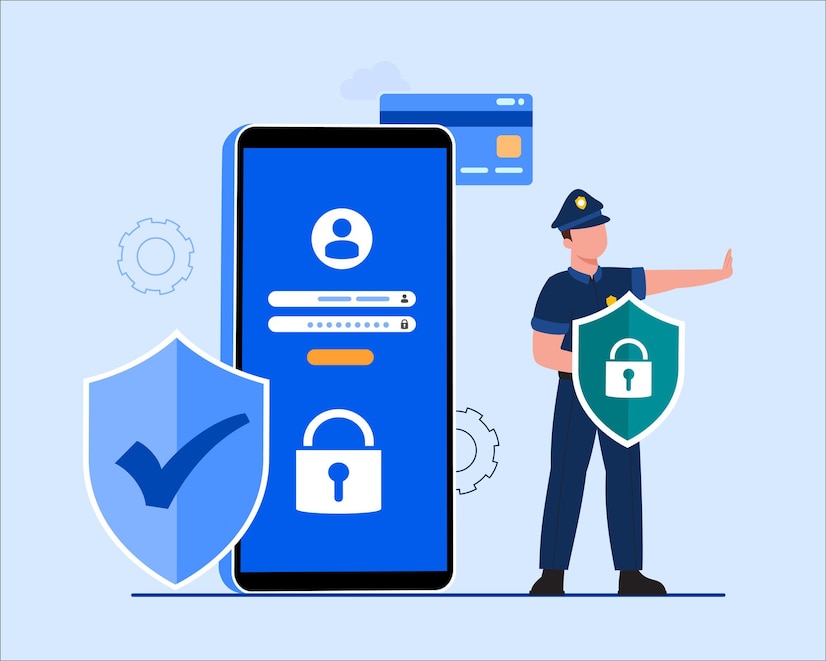
3. Do not open emails, files, or SMS from unknown senders.
Scammers that engage in hacking are those who use deceptive emails or text messages to get sensitive information. If you get an email from an unknown sender or a known sender with a suspicious message, move it to your spam account.
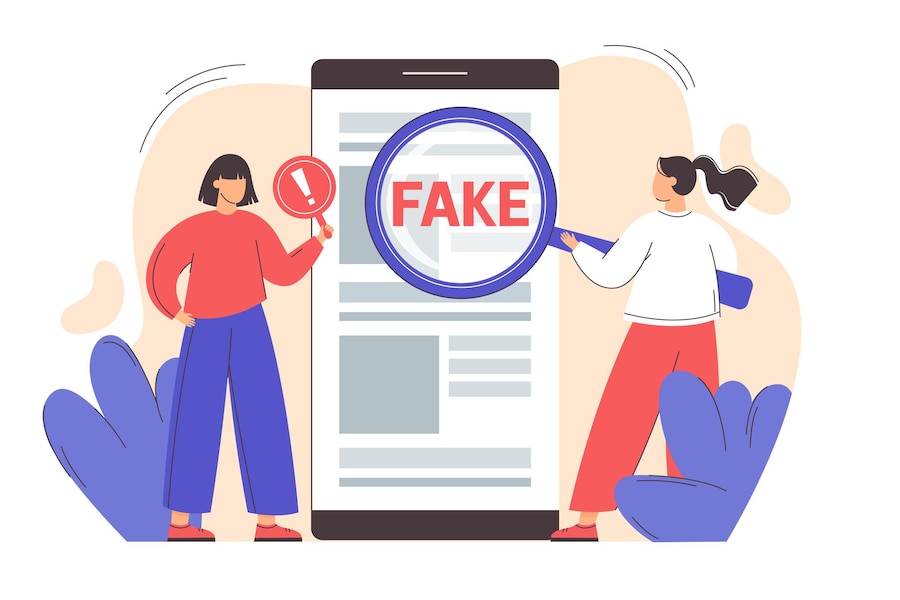
4. Do not use a public Wi-Fi network.
Use only private networks, Public Wi-Fi, such as the ones found in restaurants, hotels, and airports, is frequently unsecured. Making it easier for hackers to access your personal information. Only connect to an unprotected network if absolutely necessary, and be aware of the potential hazards.
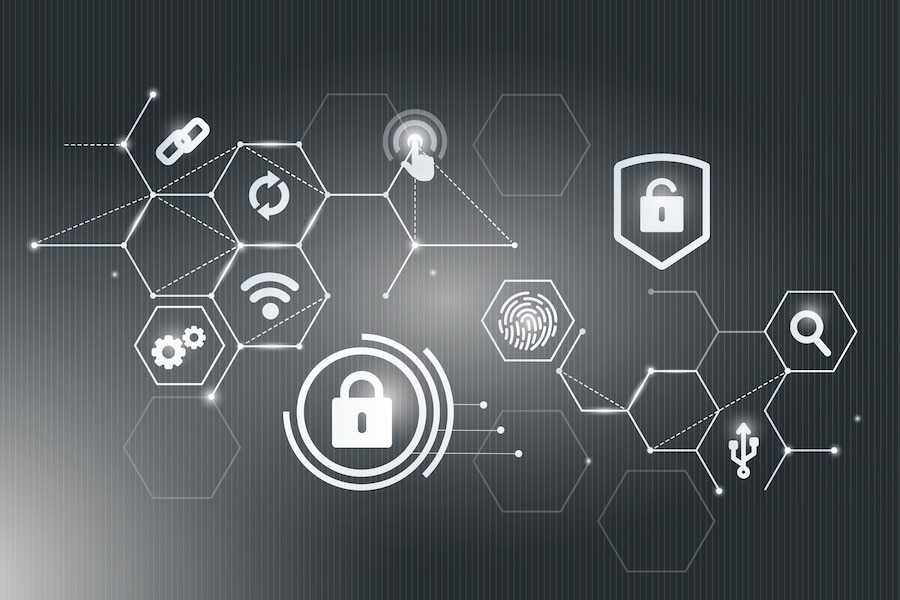
5. Utilize a VPN together with your Wi-Fi connection
A VPN links your device to an internet server in a secure manner, preventing anybody from monitoring your activities or accessing your data via your internet connection.
Check out the top 5 best VPNs for 2022.
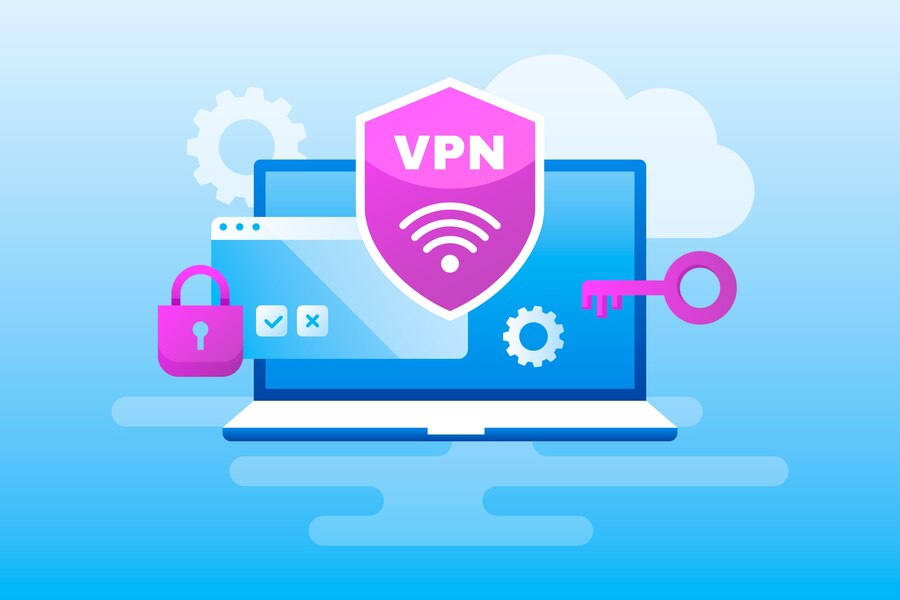
6. Turning off Bluetooth
A group of researchers discovered that Bluetooth transmissions are susceptible to compromise and can be manipulated.
By taking advantage of a Bluetooth connection’s flaw, they were able to listen in on nearby Bluetooth communications and change their content.
However, that does not mean that you should never use Bluetooth. But, it’s preferable to turn it off if you’re not actively using it. And by doing that, you could even be able to preserve some battery life on your phone.
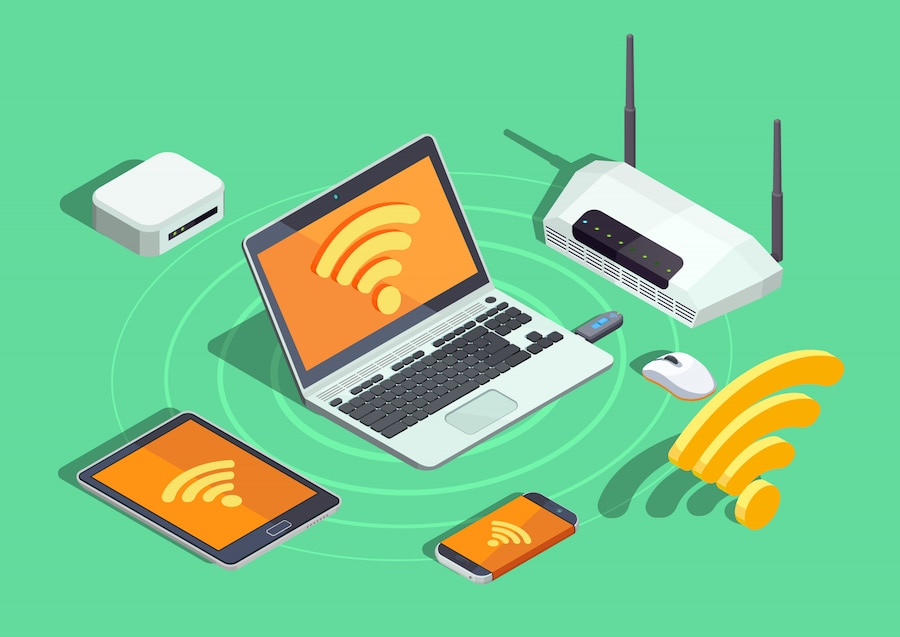
Share your thoughts with us on TRP’s Facebook, Twitter, and Instagram.





